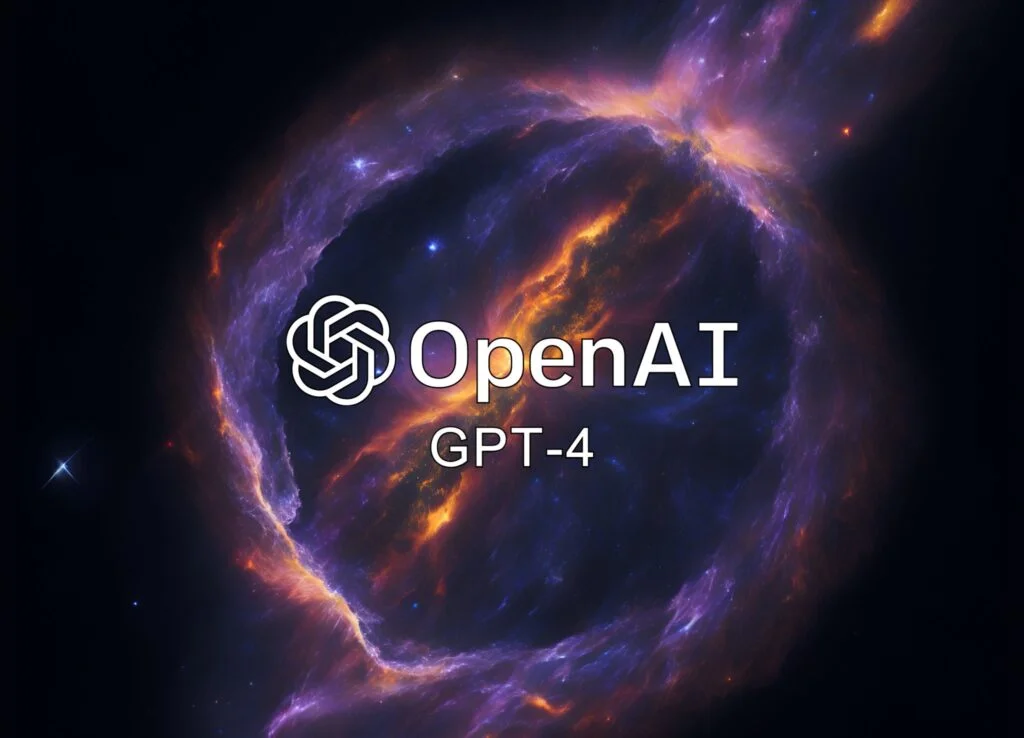OpenAI implemented a class of smaller artificial intelligence models called embeddings, which assists applications with comprehension.

A revised GPT-4 Turbo prototype model is one of the new models introduced by OpenAI, reducing the cost of application programming interface (API) access for GPT-3.5 Turbo. Additionally, the company has implemented novel approaches for developers to oversee API keys and comprehend API utilization.
OpenAI stated in a blog post that the updated GPT-4 Turbo “completes tasks like code generation more thoroughly than the previous preview model and is intended to reduce cases of ‘laziness’ where the model doesn’t complete a task.”
OpenAI also announced the introduction of a new GPT-3.5 Turbo model, gpt-3.5-turbo-0125, and will reduce the price of GPT-3.5 Turbo for the third time in the past year to assist customers with scaling. The input and output prices for the new model are each decreased by 25% to $0.0015 per thousand tokens and 50% to $0.0005, respectively.
ChatGPT users lodged complaints in December 2023 regarding the chatbot’s frequent rejection of tasks, attributing this to the absence of GPT-4 updates. GPT-4 users may continue to encounter the same laziness issues when utilizing GPT-4, which is taught on data from September 2021 onwards. In contrast, GPT -4 Turbo was trained on information as recent as April 2023.
OpenAI introduced embeddings, which are miniature AI models. Embeddings are numerical sequences representing concepts in content such as code or language, according to OpenAI.
Embeddings are artificial intelligence utilities that improve computer comprehension and written text applications. This is achieved by converting words and sentences into a machine-processable format. Encode embeddings as if they were a translator that converted human language to a special code that could be processed by computers.
Retrieval-augmented generation is a type of artificial intelligence that provides more accurate and pertinent responses instead of generating them from inception. It’s like having an artificial intelligence that searches up information without making educated guesses and reports back to you.
Currently, there are two novel models, namely “text-embedding-3-small” and “text-embedding-3-large,” which use these embeddings. Capabilities are denoted by the terms “small” and “large” on these variants.
The large model possesses a greater capacity for text comprehension and conversion than the “small” model; it functions similarly to a more comprehensive translator. These models are presently accessible for implementation in applications that require efficient information retrieval and utilization.
These novel tools function as sophisticated and more effective computational translators, enabling them to comprehend human language better and efficiently locate the required information from vast databases. This results in more precise and beneficial responses during interactions with AI systems.
Google’s Gemini and other artificial intelligence (AI) models present competition for OpenAI’s GPT-4. Gemini outperformed GPT-4 in complex mathematical operations and specialized programming. Nonetheless, some have argued that scores might differ if the GPT-4 Turbo were compared to the advanced model of Gemini.
OpenAI also intends to provide a method by which GPT developers can generate revenue from their customized AI systems. Initial compensation for U.S. producers will depend on user engagement with their GPTs. Nonetheless, the GPT store will be made available to users of paid ChatGPT plans initially.
